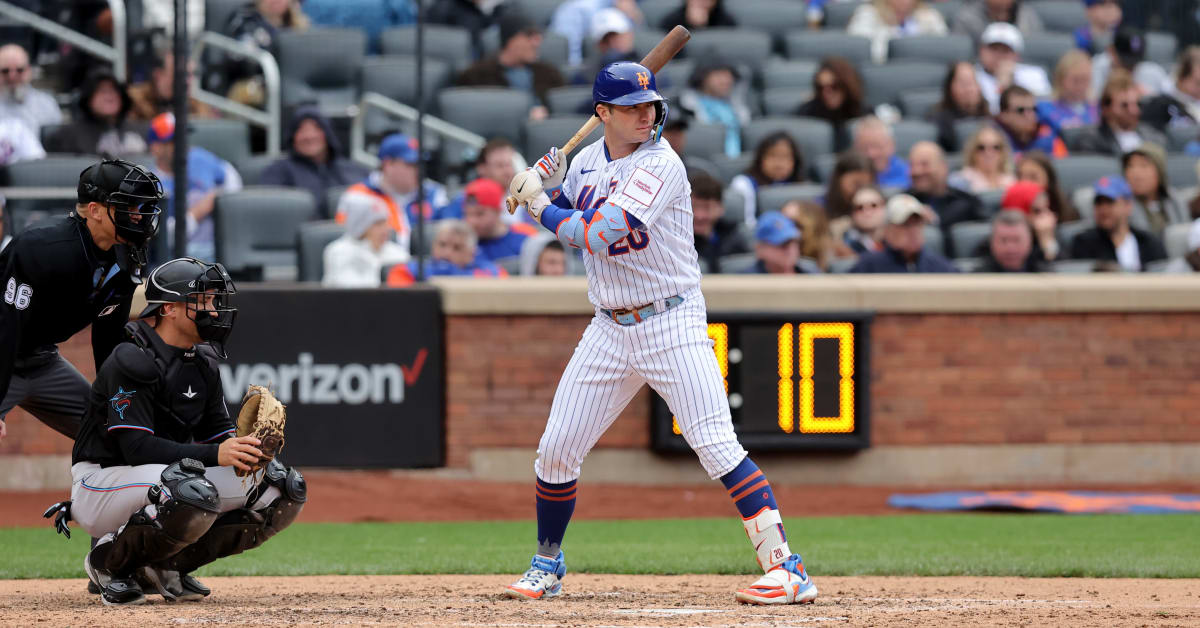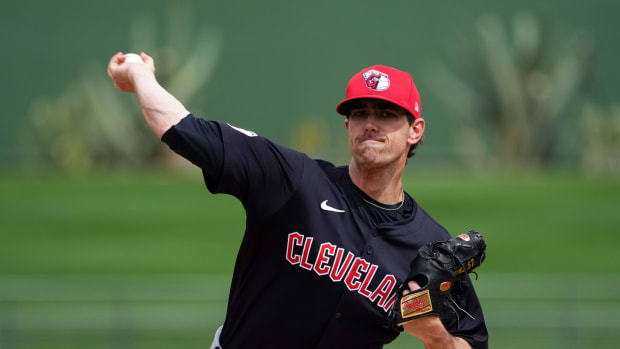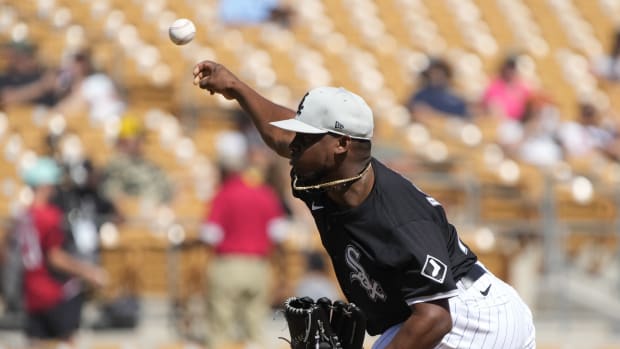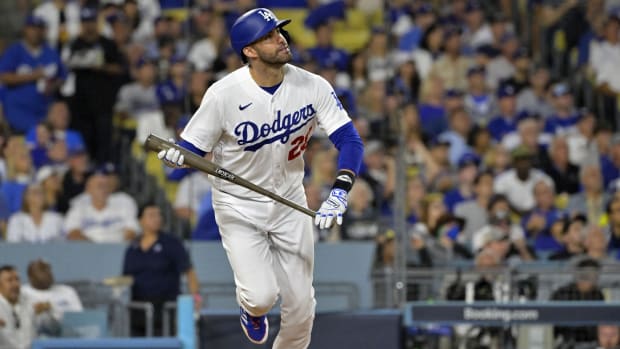MLB Tweaks Pitch Clock, Baserunning Rules Despite Pushback From Players
A year after introducing the most dramatic changes in the sport in half a century, Major League Baseball announced on Thursday that it will again tweak the rules this year. The adjustments will be comparatively minor, chiefly that the pitch clock will start at 18 seconds, rather than 20, with runners on base; the league will widen the runner’s lane between home plate and first base to include the dirt between the foul line and the infield grass; and a pitcher who warms up on the mound must face at least one hitter.
The competition committee comprises six owners, four players and one umpire, meaning that the league always has the votes to force through a change it prefers, which was the case on Thursday: Major League Baseball Players Association executive director Tony Clark said in a statement that all four players voted against the decision.
“Players strongly feel that, following last season’s profound changes to the fundamental rules of the game, immediate additional changes are unnecessary and offer no meaningful benefits to fans, players, or the competition on the field,” the statement read in part. “This season should be used to gather additional data and fully examine the health, safety, and injury impacts of reduced recovery time; that is where our focus will be.”

Players largely warmed to the pitch clock last season, despite some initial hesitancy.
Brad Penner/USA TODAY Sports
Players also voted against most of last year’s rule changes (they were in favor of increasing bases to 18 inches from 15 inches), but by the end of the season many acknowledged them as the best move the sport had made in decades. According to MLB, the average game time fell to two hours and 40 minutes—24 minutes faster than in 2022, 30 minutes faster than in ’21 and the fastest since 1985. Batting average rose six points year-over-year to .249 and stolen-base success rate reached a record high of 80.2%, up nearly five points. Attendance followed, growing 9.6% in a year. A statement by John Stanton, Mariners owner and chairman of the committee, called the changes “a resounding success.”
Still, league officials have noted that the average game time last season rose by seven minutes from April to September, hence the adjustments. In addition to the tighter clock, the wider lane and the one-batter rule, the league announced that:
- New pitchers will get two minutes, rather than two minutes and 15 seconds, to get ready.
- Mound visits will be reduced from five to four, with one extra for the ninth inning when necessary.
- The clock will restart after a dead ball when the pitcher has the ball, even if he is not on the mound, meaning he cannot delay the game by walking around the edge of the mound with the ball.
The pitch clock without runners on base will remain at 15 seconds. The league added that, after reviewing player feedback, it withdrew a proposal that would have required the umpire to reset the pitch clock immediately after a batter called timeout. The changes will take effect in spring training.



































